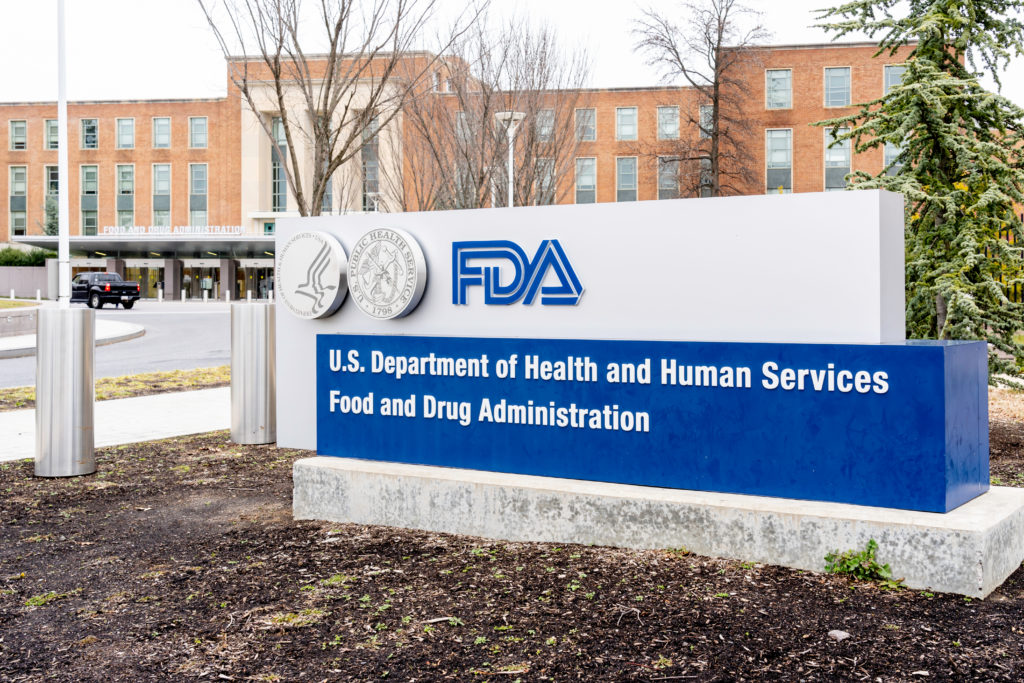The US Food and Drug Administration’s (FDA) recent approval of Biogen’s Alzheimer’s drug Aduhelm (aducanumab) was met with a lot of backlash, prompting the health agency to narrow its recommendation of the drug for mild forms of the disease.
The FDA based the decision on the fact that there is “no safety or effectiveness data on initiating treatment at earlier or later stages of the disease than were studied.”
The updated prescribing information states that the drug should be initiated in patients with mild cognitive impairment due to Alzheimer’s disease or mild Alzheimer’s dementia.
“Based on our ongoing conversations with prescribing physicians, FDA and patient advocates, we submitted this label update with the goal to further clarify the patient population that was studied across the three Aduhelm clinical trials that supported approval. We are committed to continue to listen to the community’s needs as clinical practice adapts to this important, first-in-class treatment option,” said Alfred Sandrock, Jr., head of research and development at Biogen, in a statement from the company.
The FDA’s approval of Biogen’s Alzheimer’s drug about a month ago on June 7 sparked harsh criticism because although the drug has been shown to reduce amyloid beta plaques in the brain (a surrogate endpoint), there was no clear associated clinical benefit. This is because the clinical trials only included patients with early or mild Alzheimer’s and not patients with later stages of the disease.
Moreover, the late-stage trials also yielded inconsistent results, with one Phase III trial having seemingly succeeded recently, while a previous one was a complete failure. The FDA’s rationale for granting the approval was based on the function of the drug as an amyloid beta targeting antibody.
Despite this, the FDA had handed Biogen a broad label approval, making all Alzheimer’s patients eligible for the drug. Experts like Bernstein analyst Ronny Gal said it was an “almost shockingly broad” label that would give Biogen unwarranted market access to the approximately 6 million Alzheimer’s sufferers in the US.
The backtracking from the FDA is unusual as the revision was not prompted by new data or information. While Biogen was surprised by the decision, it is emphasizing that it will focus on delivering the treatment to patients with early Alzheimer’s.
Moreover, the June approval was also seen to pave the way for market domination given Aduhelm’s steep average list price of $56,000 a year. This would be a huge burden on Medicare, while private insurers would be shying away from it.
All of this for a drug that has shown questionable clinical benefits, critics say.
Both Biogen and the FDA are also currently undergoing a congressional probe, led by the House Committee on Oversight and Reform, over the company’s pricing of the drug and the FDA’s approval process.
The lawmakers are planning to find out what led to the FDA’s accelerated approval and wide label indication of Biogen’s Alzheimer’s drug. They are also questioning the FDA’s evaluation of trial data based on the surrogate endpoint of amyloid beta plaque reduction, and not clinical benefit.
US lawmakers have been scrutinizing the FDA and Biogen’s dealings before the drug was even approved in June. This week, Rep. Katie Porter, D-California sent a letter to the Department of Health and Human Services in which she charged Biogen with “undue influence” over the FDA’s review process.
On the other hand, Biogen is being aggressively questioned over its tacking on of such a hefty price tag for the drug. This despite the drugmaker stating that its pricing principles are based on accessibility and bringing value to patients, and remaining “flexible to enable affordability for patients across economic circumstances.”












Join or login to leave a comment
JOIN LOGIN